
Fortune News | Jun 23,2019
Apr 4 , 2020
By ELIAS TEGEGNE ( FORTUNE STAFF WRITER )
Jacaranda Integrated Agro-industry, a local company engaged in agricultural husbandry, has started germinating 100,000 bamboo seedlings to be distributed to farmers.
The seedlings are germinated at a nursery in the Arsi Zone of the Oromia Regional State. Jacaranda is growing the seedlings with Real Green Vision Generation Ethiopia, a local charity organisation that works on improving vegetation coverage on the areas affected by erosion to rehabilitate the environment. The agreement between the two parties relies on an equal share of the 100,000 transplantation seedlings.
The project aims at expanding lowland bamboo plantations in areas that are exposed to erosion and making it possible for farmers to generate income by selling the seedlings, according to Belete Mamo, founder and executive director of Real Green Vision, which was established in 2017 and then re-established two years later.
Bamboo is known for being fast-growing, easy to work with, strong, straight, light, combined with extraordinary hardness and range of size. It is also suitable for several purposes and can be used at all levels of industrial activity including small craft-based industries.
"There is a high imbalance between demand and supply in the bamboo agribusiness in Ethiopia,” said Demelash Wogayehu, founder and manager of Jacaranda, which was established in 2008 with paid-up capital of 30 million Br.
In the partnership, Real Green Vision will train staff in bamboo seedling preparation on nursery sites and implantation and expand the number of preparation nursery sites. It also pays fees for the workers and staff who are working on the site of bamboo seedling preparation.
Jacaranda’s role is reserving and availing land for nursery sites for bamboo seedling preparation and expanding nursery sites of bamboo seedling preparation in the Arsi Zone, Dodota Wereda. Out of the 15ha Jacaranda possesses, 850Sqm of it is dedicated for the germination of bamboo seedlings. Jacaranda secured the land from the Arsi Zone on a rural land rent basis, which is 115 Br a hectare for 20 years.
In the preparation of four nursery sites, more than 100 previously unemployed people have benefited directly from the project. From these, 30 are working at the site in Jacaranda, which previously exported to Yemen and Oman and generated 17.5 million Br. However, political instability in the country pushed the company to quit working until it restarted the business last year.
The Ethiopian Forestry Research Institute availed two kilograms of lowland bamboo seeds and highland bamboo culms. International Networks for Bamboo & Rattan donated three kilograms of seeds and provided a training course on standardised bamboo planting practices, which was organised for countries in East Africa.
Real Green Vision has spent more than half a million Birr collaborating with UNDP on this particular project implementation at Jacaranda's nursery site. Real Green Vision has also partnered with Kenenia Agro-Industry Plc, Federal Forestry Research Institute, Oromia Forest & Climate Change Authority, and the Oromia Forest & Wildlife Enterprise, which are working on rehabilitating the environment.
When the sowed seeds grow and reach the stage of transplantation, they will be distributed to associations of farmers, governmental demonstration sites, and individual farmers for free, as Real Green Vision is a nonprofit charity organisation.
After three to four months, the seedlings will be distributed to farmers and will continue to grow until they can be used for timber or charcoal in the next two to three years, according to Demelash.
Abule Mehare (PhD), a lecturer at Haramaya University School of Agriculture Economics & Agribusiness, says that bamboo has a multidimensional purpose toward climate change and soil erosion.
"Bamboo is a resource that the country should work on, rather than importing it simply for industrial purposes," said Abule.
In implementing such projects, there should be a feasibility study to understand whether the place and the district are suitable in terms of weather conditions to germinate the seeds, according to the expert.
"It should be a tangible solution for the farmers to implement it along with their other activities," said Abule. "The government should also support such projects so that they flourish and make bamboo a business option for the farmers."
PUBLISHED ON
Apr 04,2020 [ VOL
21 , NO
1040]

Fortune News | Jun 23,2019
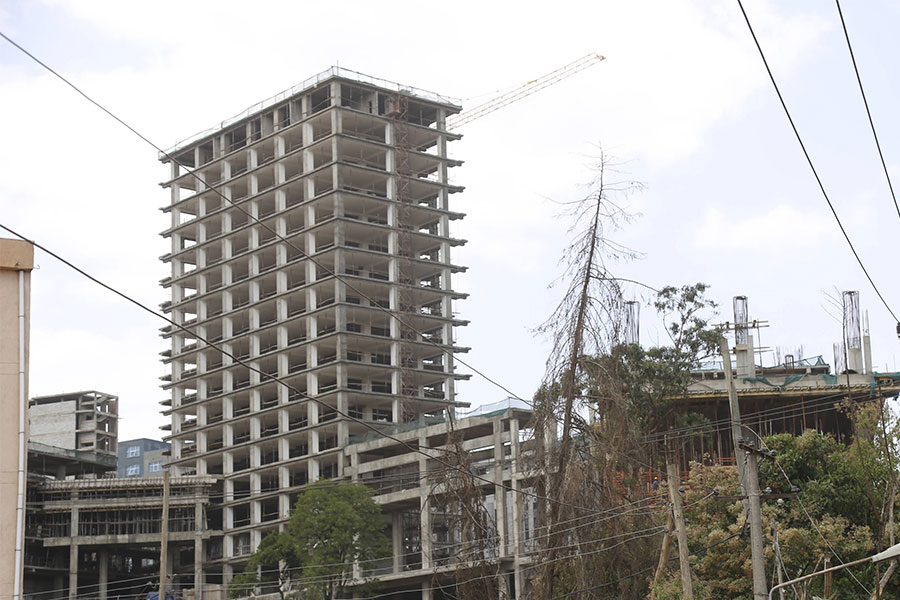
Agenda | Jul 11,2021

Fortune News | Apr 27,2025
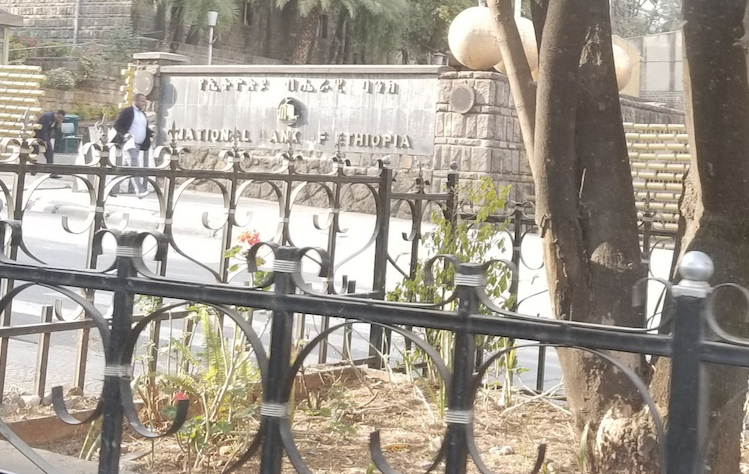
Fortune News | Mar 14,2020
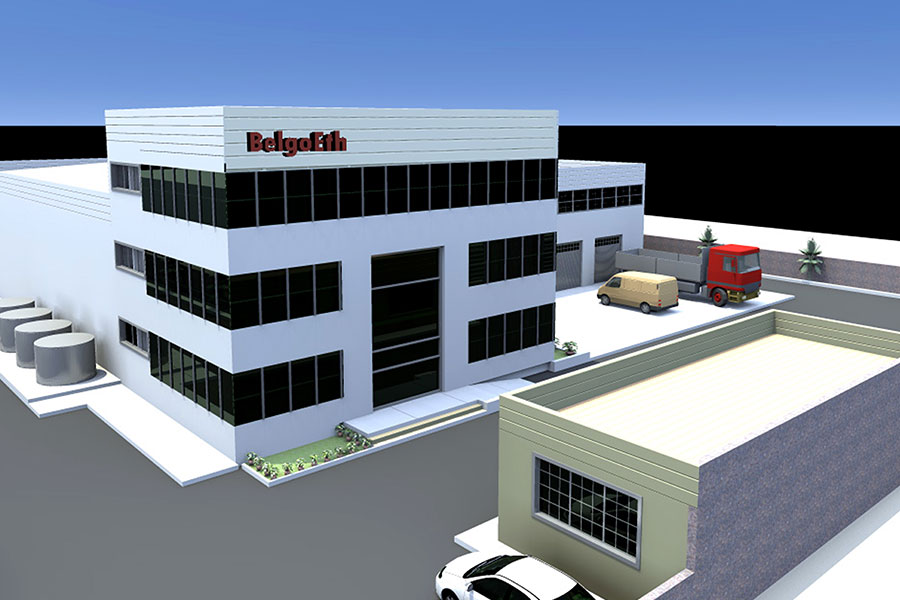
Fortune News | Jan 26,2019
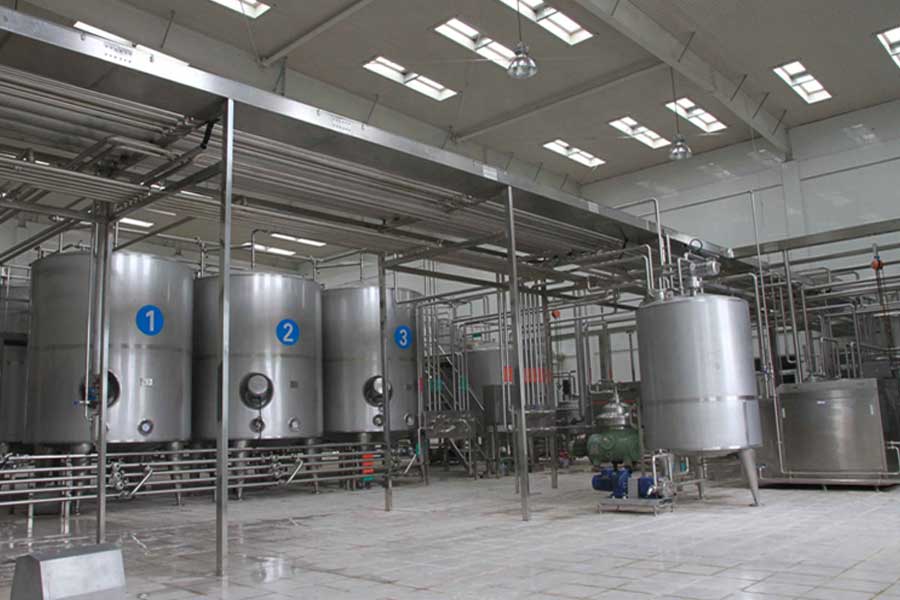
Fortune News | Apr 30,2021
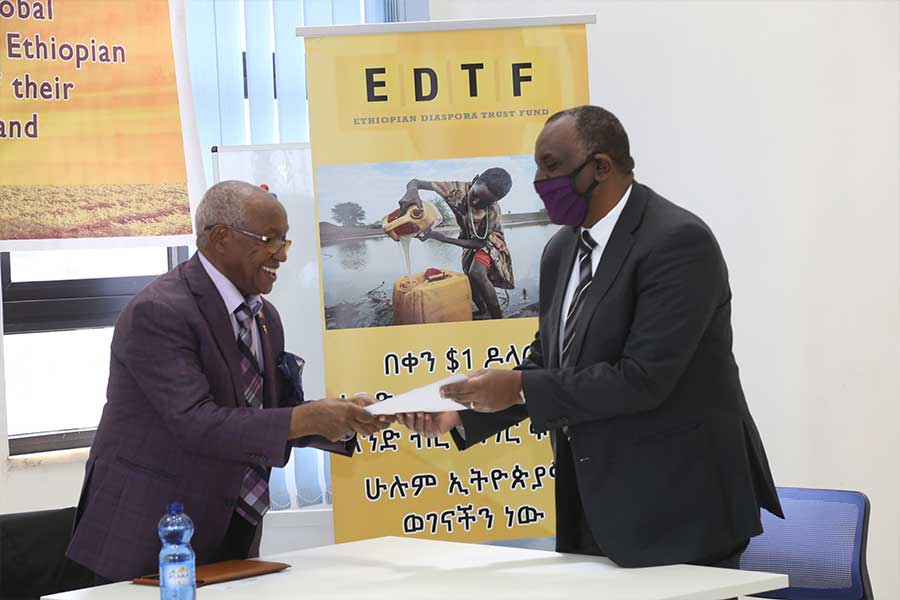
Fortune News | May 09,2020
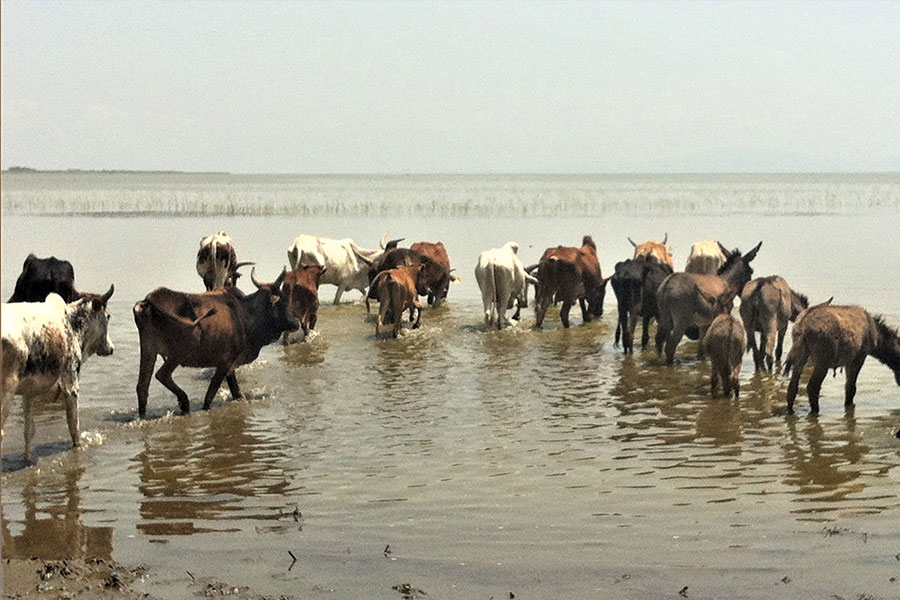
Fortune News | May 31,2025

Viewpoints | Jun 26,2021

Radar | Jan 21,2023

Dec 22 , 2024 . By TIZITA SHEWAFERAW
Charged with transforming colossal state-owned enterprises into modern and competitiv...

Aug 18 , 2024 . By AKSAH ITALO
Although predictable Yonas Zerihun's job in the ride-hailing service is not immune to...

Jul 28 , 2024 . By TIZITA SHEWAFERAW
Unhabitual, perhaps too many, Samuel Gebreyohannes, 38, used to occasionally enjoy a couple of beers at breakfast. However, he recently swit...

Jul 13 , 2024 . By AKSAH ITALO
Investors who rely on tractors, trucks, and field vehicles for commuting, transporting commodities, and f...

Jul 12 , 2025
Political leaders and their policy advisors often promise great leaps forward, yet th...

Jul 5 , 2025
Six years ago, Ethiopia was the darling of international liberal commentators. A year...

Jun 28 , 2025
Meseret Damtie, the assertive auditor general, has never been shy about naming names...

Jun 21 , 2025
A well-worn adage says, “Budget is not destiny, but it is direction.” Examining t...